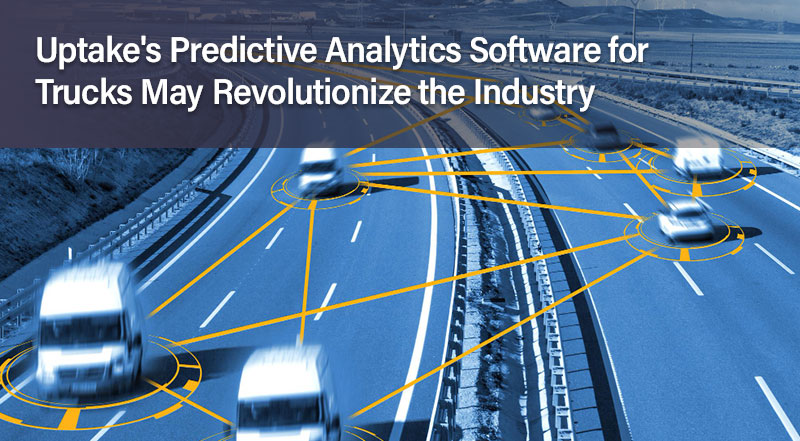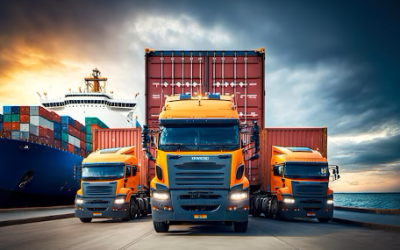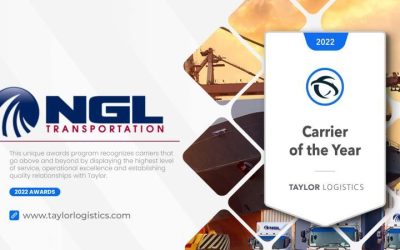Uptake, a Chicago-based predictive analytics software company, recently partnered with Daimler Truck to use its data-as-a-service model to predict potential faults and failures in trucks. This could result in significant savings for fleets that adopt the software. However, when it comes to driverless trucks, the amount of data collected from sensors may not be enough to build a database to mine. Uptake’s vice president of technology, Jim Lowell, also raised the possibility of a reverse effect from sensors, where fleets may start wanting more sensors on their non-autonomous trucks. Furthermore, the eventual convergence of electric and autonomous trucks may require new technology and raise questions about whether certain features, such as air conditioning systems, will be necessary for trucks that don’t have drivers.
In other trucking news, NFI Industries, a logistics company based in Camden, New Jersey, recently received 15 heavily subsidized tractors from the Joint Electric Truck Scaling Initiative (JETSI) project, with plans to eventually deploy 30 electric Freightliner eCascadias and 20 Volvo VNR Electric trucks to support its dedicated port drayage services. The California Air Resources Board (CARB) and the California Energy Commission (CEC) are funding most of the JETSI program’s $27 million cost. Schneider, another transportation and logistics provider, is getting the other 50 eCascadias from the JETSI program. The first ones were part of Frito-Lay North America’s first-ever third-party electric vehicle shipment.





